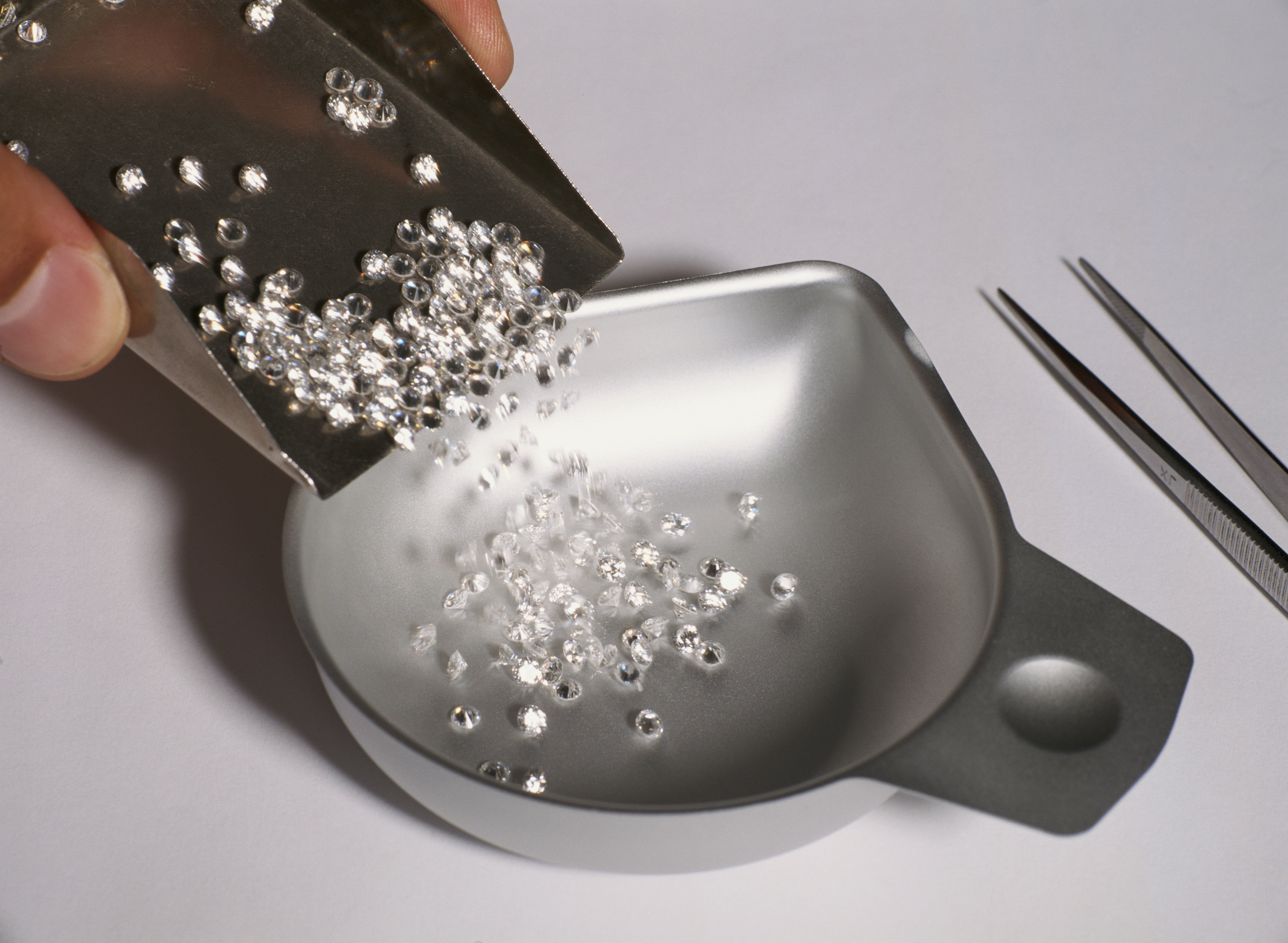In recent months, the People’s Republic of China has steadily increased pressure on global supply chains by restricting access to certain upstream materials used in critical applications like semiconductors and advanced batteries.
Each new restriction puts another vulnerability of critical U.S. supply chains on full display, undermining any perceived or proclaimed progress resulting from the massive onshoring initiatives of downstream production funded by U.S. taxpayers. Unfortunately, these export restrictions are increasing, and an export ban on “superabrasives” is likely on the way, revealing a massive national security threat to the U.S.’ supply chains and economic security.
The PRC has moved into action mode on banning critical upstream materials. Last summer, the it banned exports of gallium and germanium which are both used in semiconductor manufacturing. As a result of the bans, there were zero exports of gallium and germanium in August 2023, down from 8.63 metric tons and 5.15 metric tons, respectively, in July. This was followed in October by an announcement that the PRC would impose similar export restrictions on certain graphite products including the “high-purity, high-hardness and high-intensity” material input for the anodes used in electric-vehicle batteries.
Rare earth metals are now also subject to restrictions. All of these examples are critical national security issues for the U.S., but none more than “superabrasives”. Why should America and the rest of the world care about superabrasives? Superabrasives are industrial diamonds and related products, the planet’s hardest-known materials, and they are used in the manufacture of virtually every product around the world including items essential to U.S. and allied national security interests: semiconductors; high-capacity batteries; renewable energy systems; automotive equipment; mining equipment; and aerospace and defense components.
To emphasize, the U.S. is 100% import dependent on the PRC for superabrasives, as is every other country in the world.
The result: despite billions of ongoing and planned investments of U.S. tax-payer dollars in domestic semiconductor FABs and EV battery manufacturing, underreported dependencies on the PRC for upstream materials such as gallium, germanium, graphite, rare earths, and superabrasives mean U.S. chip and battery manufacturers remain as vulnerable as ever.
This is a significant strategic vulnerability. And the U.S. government knows well the importance of this critical material. After World War II, the U.S. National Defense Stockpile created a reserve of superabrasives, recognizing the effect that being cut off from superabrasives supply would have on the U.S. national industrial base. However, after the end of the Cold War and the dawn of newfound optimism in globalization, the U.S. Government began selling or depleting its superabrasives stockpile. Since 2010, the United States has had zero manufacturing capacity for superabrasives and zero reserves. And any notion that we can stockpile now is simply not realistic; it will be frustrated by the PRC’s existing export controls. This leaves the United States with one option: reshore.
The PRC understands well that the existing superabrasive supply in the United States will be depleted in less than a month after the PRC cuts off exports. Once that happens, U.S. manufacturing will come to a halt. Nationwide manufacturing job losses will be catastrophic, the economic sector will collapse, and the defense industrial base will be unable to build weapons, aircraft, and munitions to defend the homeland. The consequences here will be the exact same for our allies should the PRC cut off their access as well.
Ignoring superabrasives is a national security failure. It will take two to three years to build superabrasive manufacturing capacity in the U.S.to support the defense sector alone, yet the government has lagged with respect to addressing this problem. The Pentagon is already drawing down America’s military stockpile to aid allies, and without superabrasives, it cannot replenish its arsenals. And even though the government is spending trillions of dollars to reshore critical manufacturing capabilities to support domestic infrastructure, advance climate change goals, and promote high-tech electronics through semiconductor fabrication, none of these manufacturing capabilities are possible without superabrasives.
America must wake up before it is too late. In far too many sectors, including ones essential for our national defense, the U.S. has ceded leadership and the means of production to the PRC. The PRC has then used various economic strategies, such as PRC-government subsidies and dumping of unfairly-priced product in the U.S. market, to cement its dominant market position.
The only way to break this cycle is for the U.S. government to lean in and execute a real strategy to reduce U.S. and allied dependence on PRC-sourced raw materials. That strategy should deploy all economic tools at the U.S. government’s disposal such as the Defense Production Act Title III, whose very mandate is to identify areas where critical industrial capacity is insufficient to meet defense and commercial needs and partner with private industry to mitigate those gaps in the domestic supply chain.
Given the stakes and the PRC’s increasingly aggressive manipulation of global access to critical materials, the U.S. government needs to act swiftly to build resilient and sustainable supply chains beginning at the core of the problem – the precursor to all manufacturing capabilities – superabrasives.
Nazak Nikakhtar is a partner at Wiley Rein LLC with over two decades of experience in international trade and national security. Paul Devamithran is an associate at Wiley Rein who counsels clients on international trade and U.S. national security matters.








